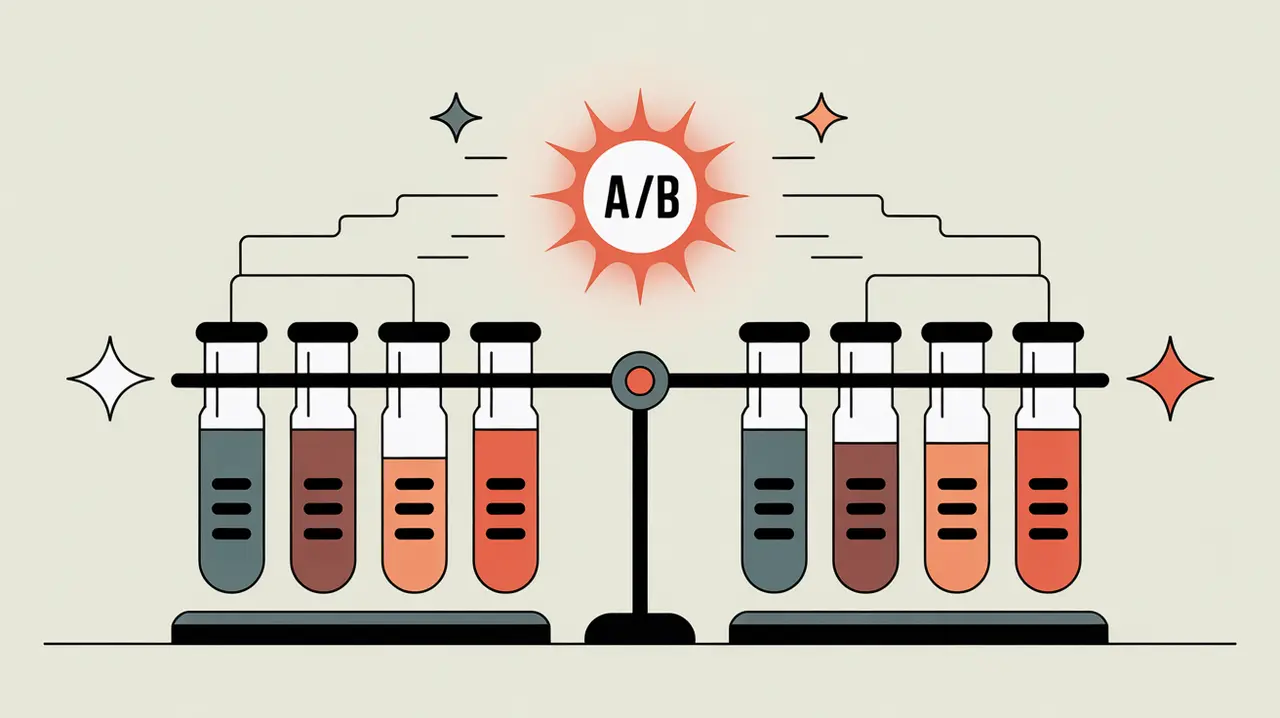Importance of Experimental Research
Experimental research tests cause-and-effect relationships by controlling variables and observing outcomes under specific conditions. It is important because it provides the highest level of rigor for determining whether an intervention produces the intended results. In development and social innovation, experimental research matters because it enables evidence-based decision-making and helps identify which programs should be scaled or adapted.
Definition and Features
Experimental research is a study design in which researchers manipulate one or more independent variables and measure their effect on dependent variables while controlling external factors. Its defining features include:
- Controlled Conditions – isolates variables to establish causality.
- Random Assignment – participants are randomly placed in treatment or control groups.
- Causality Testing – determines whether changes in outcomes are due to the intervention.
- Replicability – designed for verification and consistency across studies.
- Internal Validity – reduces bias by minimizing confounding influences.
How this Works in Practice
In practice, experimental research is widely used in social programs and development through randomized controlled trials (RCTs). For example, testing whether a new teaching method improves literacy outcomes compared to standard instruction, or whether conditional cash transfers reduce poverty more effectively than unconditional ones. Challenges include ethical concerns about withholding interventions, high costs, difficulty generalizing from controlled conditions to real-world complexity, and the risk of oversimplifying systemic issues.
Implications for Social Innovation
Experimental research strengthens social innovation by providing robust evidence of what works and under what conditions. For practitioners, it offers clarity on intervention effectiveness and supports iterative program design. For funders and policymakers, it provides confidence that investments are producing measurable outcomes. Experimental research can create strong evidence bases that guide scaling, replication, and policy adoption.







